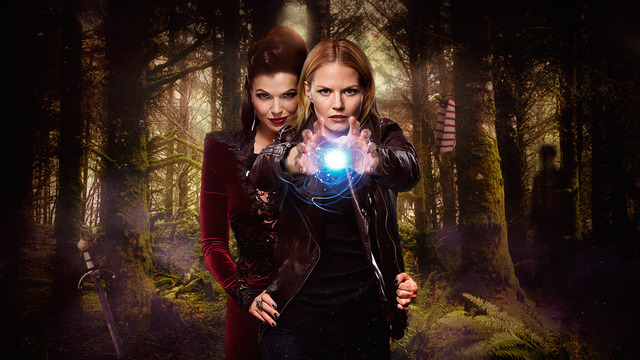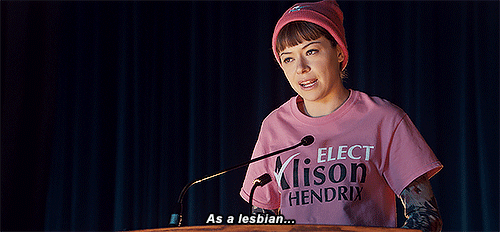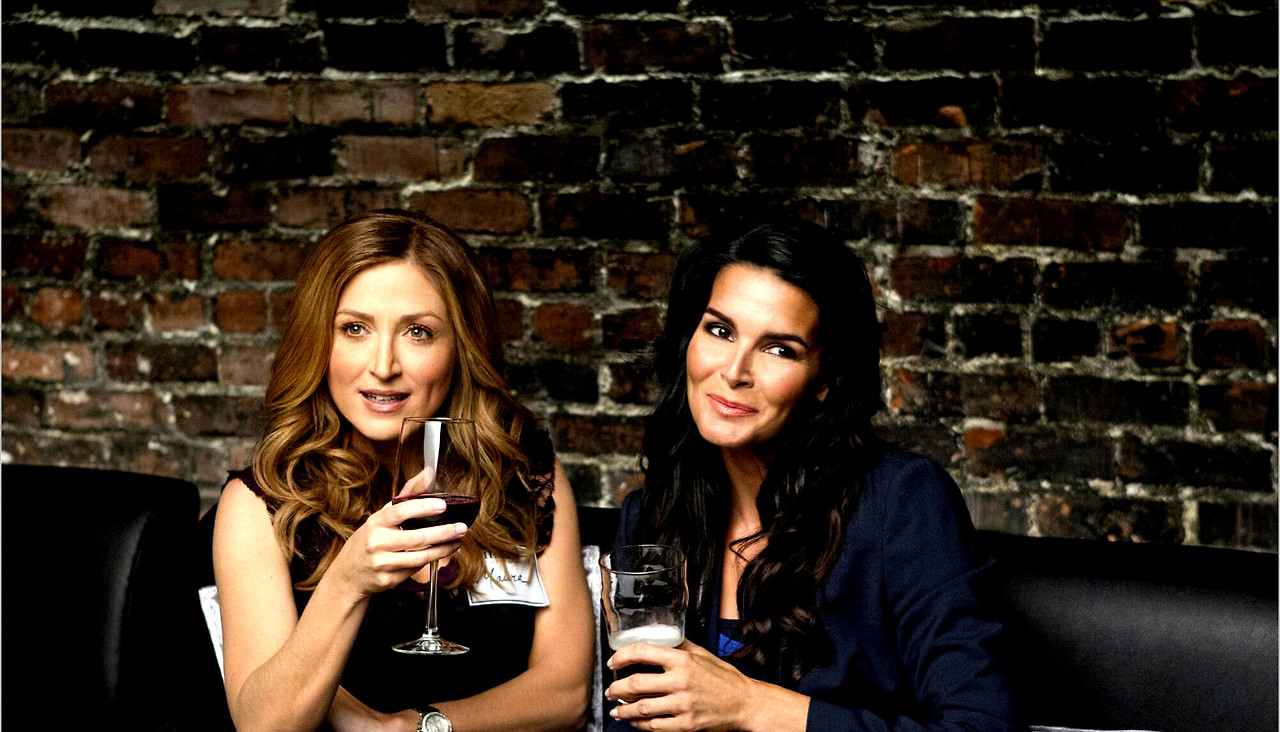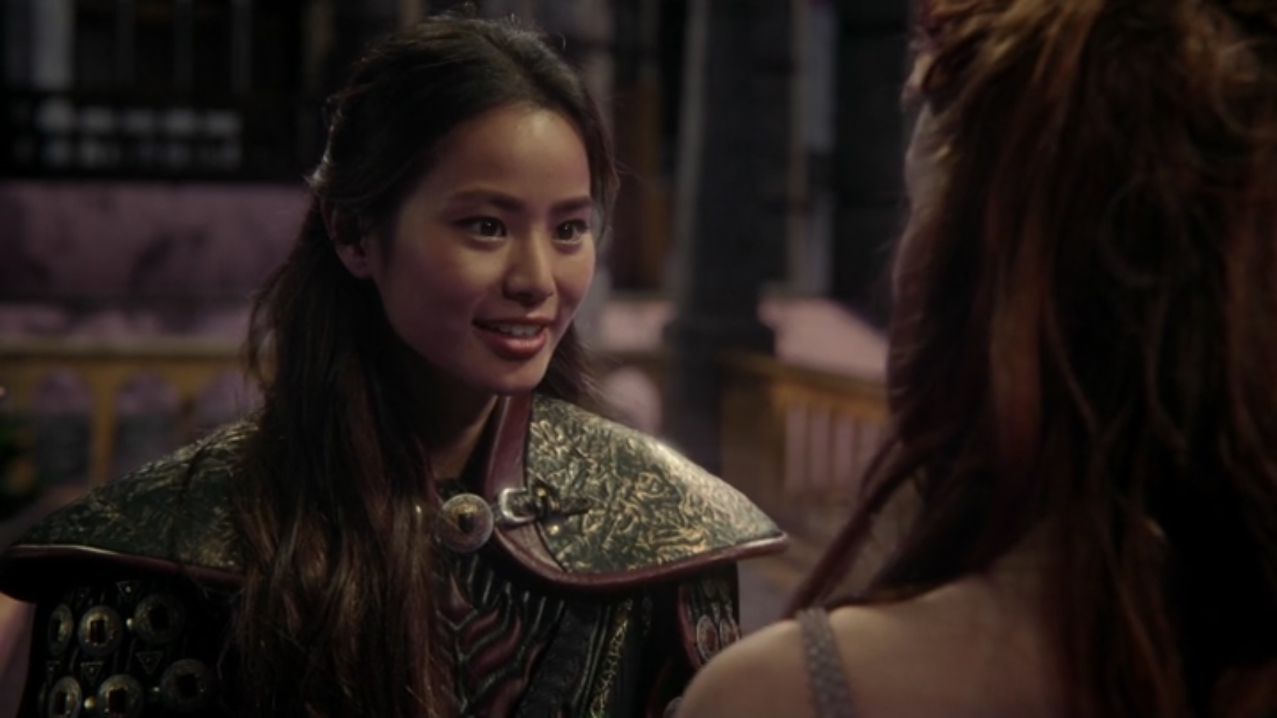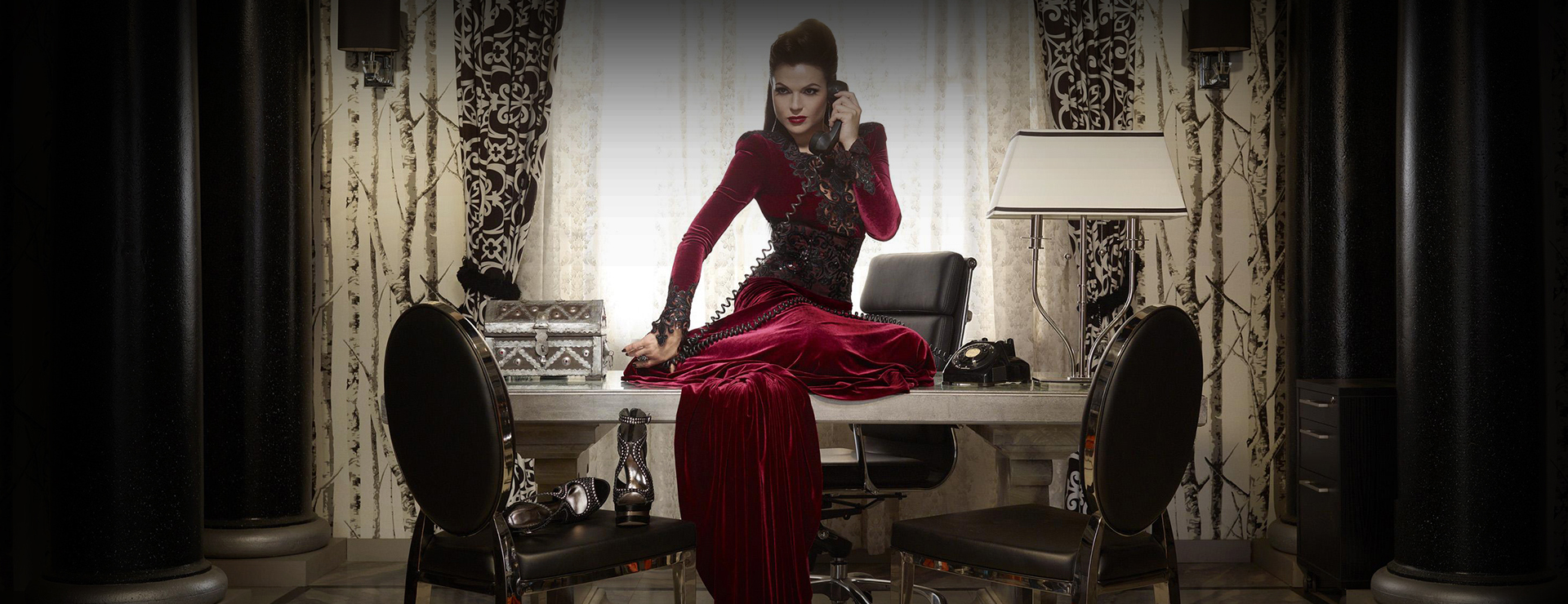On October 13, 2013 family network ABC aired the Once Upon A Time episode “Quite a Common Fairy”, so I’m a little late publishing my observations on an aspect of that specific episode that is relevant to this blog.
Once Upon A Time is a retelling of various fairy tales. The show-runners received dispensation to show characters patented by the Walt Disney company, which rose to fame in the past several decades with their own fairy tale re-telling. Sleeping Beauty, named Princess Aurora in the 1959 animated Disney film, is brought to life in the TV show by the delightful Sarah Bolger. The woman warrior Mulan, more a legend than a fairy tale in China where this heroine’s story originated, was portrayed in the 1998 Disney film as an awkward misfit who struggles to find her place in society. Jamie Chung brings honor to us all by playing the cool, mature and formidable re-interpretation of this character in the show.
Neither characters were part of the regular cast. Their own story arc appeared at first to be a love triangle between Princess Aurora, Prince Philip, and Mulan. When Prince Philip is spirited away, the barely-acquainted Aurora and Mulan must contend with the main characters of the show who caused his apparent demise—and then with one other, and their shared history with the lost prince. Fans refer to the relationship between these characters as Sleeping Warrior.
In a world where heterosexual romances are ubiquitous in media, it would have been a great subversion already just for these two women to grow to be friends rather than in competition for something—success, reputation, or the love of a man. By the end of the previous series, this does appear to be the case: Prince Philip has returned, although we aren’t shown how, we can gather that Aurora and Mulan teamed up to get him back from whatever mysterious other dimension in which he was trapped. He is, after all, Aurora’s prince, and Mulan’s comrade-in-arms.
“Quite a Common Fairy” isn’t an episode that focuses on the three of them. They are the sub-plot of a sub-plot, again made merely supplementary to a more regular member of the cast of characters. Mulan is given the advice that, “If you love someone, don’t hold it in.” This leads to the following scene (unofficially transcribed by yours truly.)
- Castle gardens. Aurora waters the plants as Mulan stands some way off.
- Aurora: (smiling as she turns to see) Mulan?
- (Mulan returns the smile of elation. They walk towards each other.)
- Aurora: How long have you been there? What are you doing?
- Mulan: Just gathering my courage.
- Aurora: What’s going on? (Aurora takes both of Mulan’s hands in hers.) I am so glad you’re back!
- Mulan: Is Philip here?
- Aurora: No, no. Shall I get him?
- Mulan: No, that’s unnecessary. It’s you I want to talk to, you see, I…
- (Aurora grins)
- Mulan: Why are you smiling at me?
- Aurora: I can tell you are busting with news, but so am I.
- Mulan: You are?
- Aurora: Philip and I are expecting a baby!
- Mulan: (appears thunderstruck, then politely smiles) That’s excellent news.
- (Aurora embraces Mulan, and doesn’t see Mulan’s expression change from thunderstruck to devastated)
- Aurora: It’s like a dream come true! (releases her embrace, steps back) Now please, please tell me your news.
- Mulan: (pauses) I’m joining Robin Hood’s band.
- Aurora: What? (smile fading) You’re…leaving us?
- Mulan: (nods) Yes. I’m afraid so. Goodbye.
- (They embrace. Mulan turns away, eyes filled with tears. Aurora watches her leave, and shakes her head miserably.)
So, basically…nothing happened. Nothing. Tierney Bricker on TV Scoop interviewed actress Jamie Chung to find that Mulan’s growing care for Aurora in previous episodes had been “an ongoing inside joke between Sarah and I, and … there was this conspiracy online, like, ‘Mulan loves Aurora!’ and I’m really glad that the writers listened.” While Chung went on to suggest that “I really do think that’s what they—” that is, the showrunners “—planned from the beginning” because the writers are “all about twists”, I’m more inclined to think that the creative team only went in this direction when the fans voiced their receptiveness to an onscreen lesbian relationship. More than receptive, fans were enthusiastic.
I reiterate that, in the scene above, absolutely nothing happened. The scene was suggestive of a possibility of lesbian characters, but not overt. Why? Is it because this is a family network? In the tenth episode of the previous series, episode title “The Cricket Game”, the main character Emma Swan and her twelve-year-old son accidentally catches Emma’s parents (Snow White and Prince Charming) naked in bed about to—or in the middle of—having sex. This is executed as a moment of comic relief. This demonstrative contrast between how celebrated heterosexuality is, and how overtly it can be portrayed and still considered acceptable, provides a stark contrast to the portrayal of the suggestion of the possibility of a homosexual relationship. I don’t believe the scene above earns the writers any applause for working towards equality, when there obviously is no such equality.
There was some push-back by a minority of viewers at this the slightest of suggestions that people can have relationships with genders other than their opposite. However, I’m personally uncomfortable with the way this was handled for several other reasons. First, it was gimmicky. Chung’s sentiment that the writers were “all about twists” is spot-on. This scene could have been written for shock value alone, with the unfortunate implication that simply being homosexual is shocking, exciting, deviant—nothing to do with normal romance experienced by normal human beings as a normal human experience. It’s a twist! Oh, what a twist! I continue, sarcastically: Mulan’s love must remain unrequited and tragic, too, of course—homosexuals don’t get happy fairy tale endings, or even hope for one.
With that sort of sensationalist approach, I almost wish the show had never presumed to represent lesbian characters at all.
Even if that were neither the intention nor the effect, I also consider it irresponsible not to examine the tired, overdone, clichéd tropes when it comes to media representative of homosexuals. Gender and sexual orientation are two different concepts that combine in many different ways—except in most entertainment media, where homosexual men are feminine, and homosexual women are masculine.
The writers of Once Upon A Time have been very good about portraying different ways to be a woman that makes their female characters human—this is a lot rarer than it should be! However, when the time came to reveal one and only one of their female characters as a homosexual, it was the one female character that pursued a masculine manly position. Of course, many female characters in Once Upon A Time are also formidable warriors, but that is not considered gender-bending within the story’s setting—it’s taken for granted that women are able to fight just as well as men, not that by fighting they become men. Only Mulan has stated that, in stepping up to battle, she stepped into a man’s role, and she is the only lesbian character. That sends quite an unfortunate message about the creativity and social responsibility of the show-runners. If there were just one other character in Once Upon A Time who was a homosexual woman that broke or blurred the stereotype that homosexual women are necessarily masculine, then I wouldn’t be getting this irritatingly ignorant message that this is the way it always is. As of now, lesbianism has become Mulan’s defining trait as a character. That’s unfortunate.
The character of Princess Aurora returns in the last half of the third series, so perhaps this storyline will see further development than the disappointing way it was handled earlier this series.
Once Upon A Time has given male roles to female characters before. Their version of Jack, as in the one who climbed the magic beanstalk, was a femme fatale by the name of Jacqueline. While Julian Morris, who plays Prince Philip, does the character every bit of stalwart dashing justice—if handling this relationship triangle had the least bit more care, Aurora would have paired up at the end with her beloved lesbian partner Philippa. In the Disney film, Mulan’s love interest was the young General Shang. A product of the conditional love of his strict and judgmental father, Shang is eager to show good form, discipline, and unwavering devotion to the codes of conduct—but he must learn to disregard these in order to do what is truly right and honorable, by Mulan. I’d like to see Once Upon A Time swap the gender of that complex sort of character.
Alternatively, I could just forget about all this and let it be. I wouldn’t call this brush with controversy “courageous” but, for the writers, I’m sure, it was a new endeavor in unfamiliar territory as individual storytellers, held perilously accountable to producers and audience members alike.
Earlier, I mentioned that I almost wished the writers had never presumed to represent a lesbian relationship at all. Almost. Instead, now, I look forward more confident, mature, and respectful representation of lesbian relationships between characters that are established to be complex, interesting, and have a profoundly dynamic relationship with one another.
Basically: Swan Queen, please.




